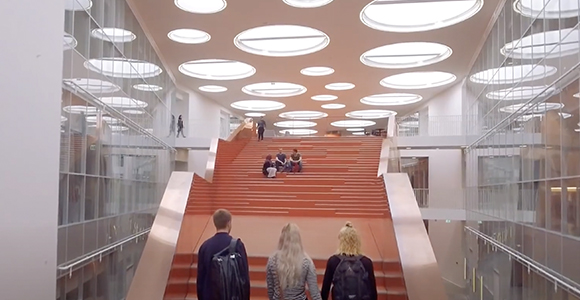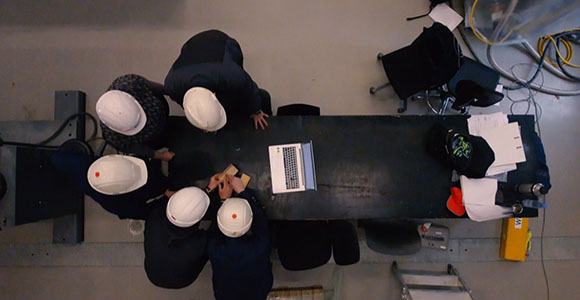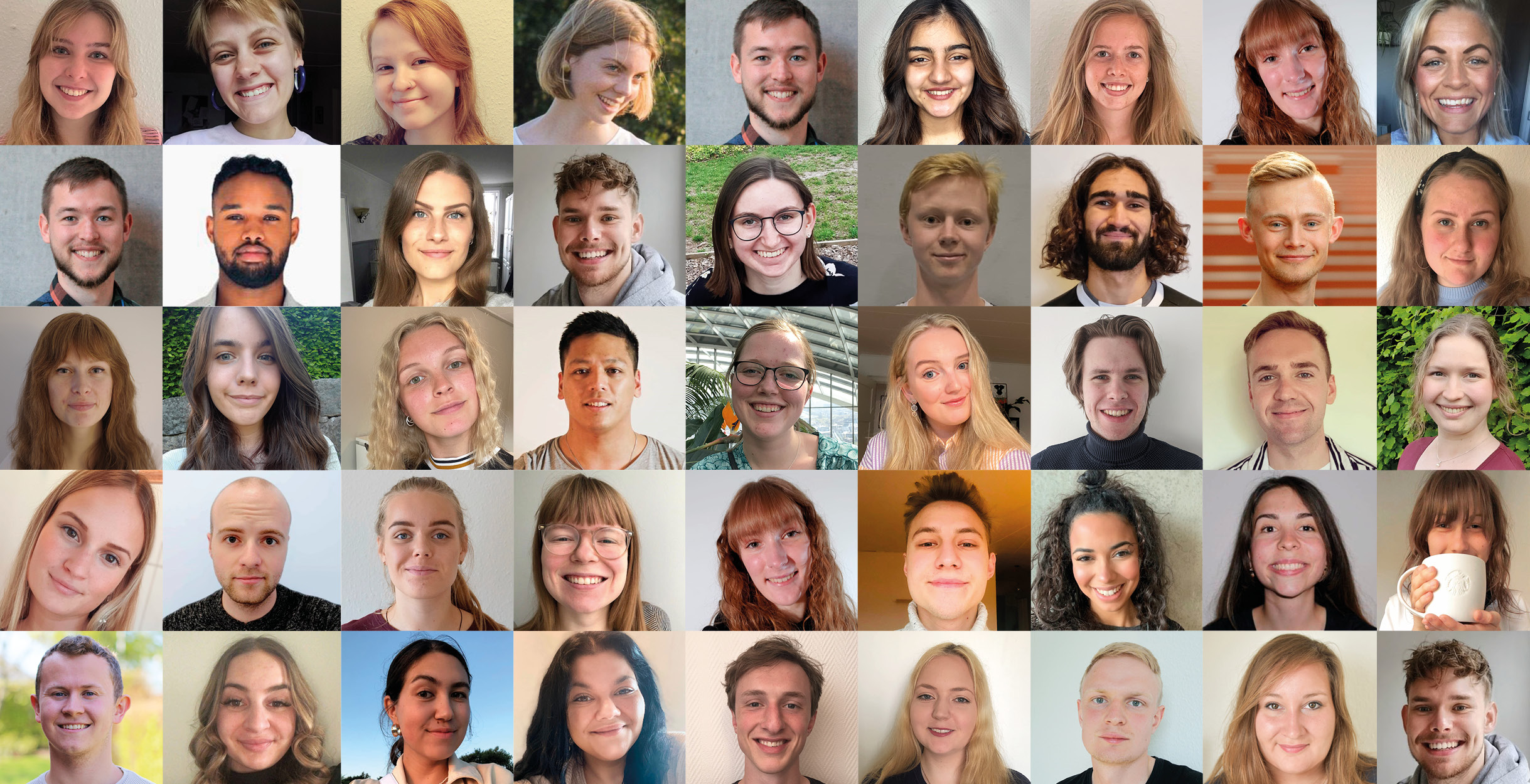Mastering the basics of physics
Do you want to explore physical phenomena and translate ideas into innovative technological advances? Then a degree in Physics and Technology might be something for you.
In the Physics and Technology bachelor programme, you will combine physics, mathematics and engineering, when you with knowledge of physical laws learn to analyze and solve technical problems. The education's unique combination enables you to translate your knowledge into practical purposes. Engineers who master physics are therefore in demand in the development of future technology.
What will I learn?
With a bachelor's degree in Physics and Technology, you will combine engineering with knowledge of physics and technology, which will give you competencies that will enable you to solve technically complex development tasks and problems, apply physical laws and mathematical and numerical methods, select, and evaluate measurement techniques, apply programming techniques, collaborate on professional and interdisciplinary projects and much more.
In the programme, you will learn about, among other things, mechanics, thermodynamics, electromagnetism, optics, vibrations, quantum mechanics, nanophysics, differential equations, vector fields, statistics, numerical methods, programming, signal processing, sensors, and data analysis.
You will gain an insight into the latest technologies, which will give you the best conditions for working with development and research. You will, for example, work on projects within the development of sensors, development of new measuring principles for determining water or impurities in oil, design and optimisation of optical methods for quality sorting of potatoes or the production of nano-structured materials with completely new properties.
How is the programme structured?
The teaching consists of academically coherent semesters, where theory is translated into practice in semester projects. Approximately one third of each semester is spent on project work.
In your first year of the programme, you will gain basic knowledge of physics, mathematics, electronics, and programming.
In the second year of the programme, you will build on your basic knowledge from the first year of studying with courses in, for example digital electronics, optics, semiconductor optics, statistical physics, and applied quantum mechanics.
In the third year of the programme, you will work with mechanical vibrations and the math behind it as well as regulation technique, statistics and data analysis. In your final semester, you will carry out your bachelor project, based on all your knowledge from the previous semesters.
Master's Degree
The bachelor's programme lasts three years, after which you take the two-year master's programme to achieve a MSc in Engineering.
Read more about the master's programme in Physics and Technology.
What can I become?
This programme provides you with several career opportunities - both in Denmark and abroad. With a degree in Physics and Technology, you can, for example, work with development, technological aspects of business development, consulting and consulting, project management or research. You will be qualified for jobs in companies that, for example, work with nano-optics, aerospace technology, optical communication and optical systems, medical technology, sensor technology, measurement techniques and signal processing. You can also continue your studies with a 3-year research programme, which leads to a PhD degree.
That is why you should study...
- You will learn how to understand physical phenomena
- You will learn how to translate ideas into technological advances
- You will work with the latest technology




